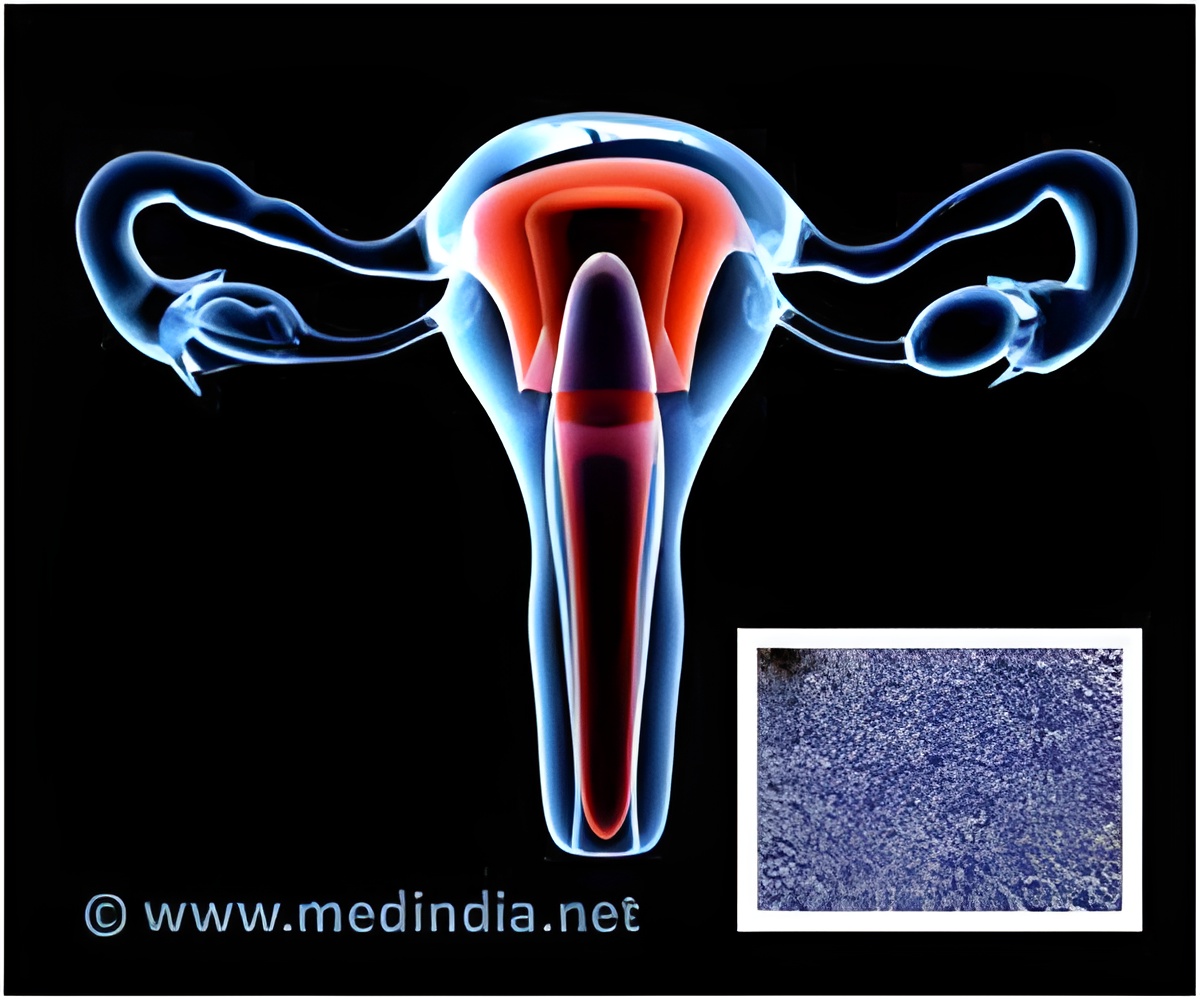
Due to the lack of efficacy data on fewer than three doses, the researchers conducted a post-hoc analysis combining data from the CVT that included 7466 healthy women aged 18-25 years old and the Papilloma Trial against Cancer in Young Adults (PATRICIA) trial in 18644 healthy women aged 15-25 years from Asia-Pacific, Europe, Latin America, and North America.
Women in both trials were randomly assigned to receive the HPV-16/18 vaccine or a control (hepatitis A) vaccine, given in three doses: at enrollment, 1 month, and 6 months. However, some of the women received fewer than three doses, mainly because their vaccination was discontinued due to pregnancy.
High vaccine efficacy was seen against incident HPV-16/18 infections regardless of the number of doses received. This result was also observed in a subgroup of women with no sign of HPV infection either before or at the time of first vaccination, suggesting that these results are relevant to sexually-naive girls in the recommended age range for HPV vaccination (ie, 11-12 years).
In further analyses, partial protection against other HPV types not included in the vaccine formulation was seen among women who received two doses 6 months apart, similar to that reported for three doses.
However, the authors caution that more data are needed before policy guidelines can be changed.
Advertisement
Source-ANI










